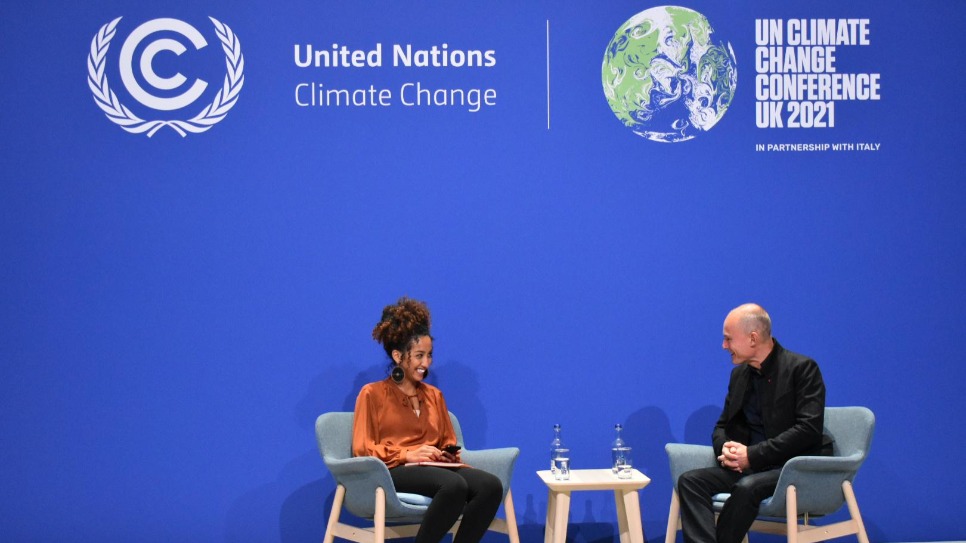Opinion - November 11, 2021
The climate transition will be just or will not happen!


Written by Bertrand Piccard 3 min read
THE TOPS AND FLOPS OF COP26. The fight against climate change must result in more winners than losers, and we will have to deal with the losers, otherwise the transition will never happen. Protecting the most deprived populations is a necessity, helping them to develop in a sustainable manner as well, in the same way that preserving the jobs coming from companies which will have to be reconverted.
In Glasgow, we often hear in negotiations of a “just transition”. Indeed not only is it morally unacceptable to leave entire sections of the world's population behind, it is also impossible if we want to create a consensus for an ambitious agreement. It is in this context that we find the 100 billion dollars that rich countries pledged to pay each year with the aim of helping emerging countries adapt to climate change, but also to help them achieve a smooth transition between fossil and renewable energies, between polluting economy and clean development. However, this last point remains obviously a stumbling block for those who have not yet understood the economic benefits to be derived from this transition.
When we talk of a just transition, we should therefore emphasize much more how the fight for climate can improve the living standards of the poorest populations. We absolutely have to get out of the idea that the energy transition is reserved for rich countries. It is sometimes even the opposite: in rich countries, the transition requires replacing many existing infrastructures. In developing countries, it is possible to build clean infrastructure directly and leap frog this middle stage.
Microgrids for poor countries
It is important to realise that many countries that are already poor get even poorer every year as they spend foreign currencies on fossil fuels. The production of renewable energies at a local and decentralized level ensures job creation, economic development and social stability. Microgrids, these small solar, hydroelectric or wind power plants equipped with batteries, irrigation pumps for agriculture, electrical outlets for crafts, provide all the energy a community needs to prosper harmoniously. The energy payment is made by mobile phone based on the quantity consumed making it possible to reimburse the initial investment. Note that the obstacles to investment in this type of new infrastructure are not the lack of profitability but the political instability and corruption endemic to some governments.
When we talk about a just transition, it is always a question of limiting the number of losers, and of worrying about the losers if there are any. In rich countries too. We cannot ignore the economic survival of companies which employ hundreds of thousands of workers at risk of becoming unemployed. Instead of closing polluting industrial sectors without worrying about the consequences, it is essential to push for reconversion in new branches, to promote product diversification, so as to avoid job losses which will be an obstacle to any change.
How to convince Poland
Take the example of Poland, whose economy is largely based on coal. For the country to emit less CO2, it will be more difficult to request for it to sacrifice its coal than to push the benefits of energy efficiency, new clean industrial opportunities that create jobs. In any case, this is the angle of discussion that I adopted with Polish President Andrzej Duda, who was very interested in learning more about startups that could stimulate Polish industry in low-carbon areas.
Once again, we see that the logic of cleavage introduces many more difficulties than the logic of inclusion. Countries at different levels of development may well agree on the ecological transition. It should be the same with us for the left and right parties, which can adopt unifying policies, showing the population the advantages of solutions aimed at combating climate change, both in terms of quality of life, purchasing power and ecology.
First published in La Tribune and Swiss daily Le Temps
Written by Bertrand Piccard on November 11, 2021


